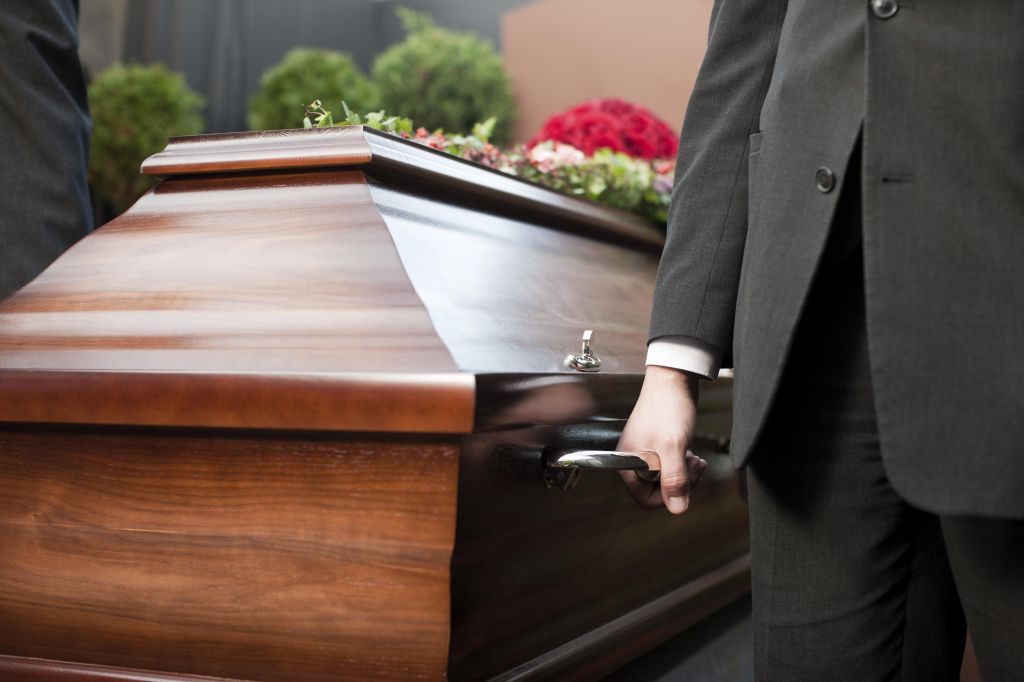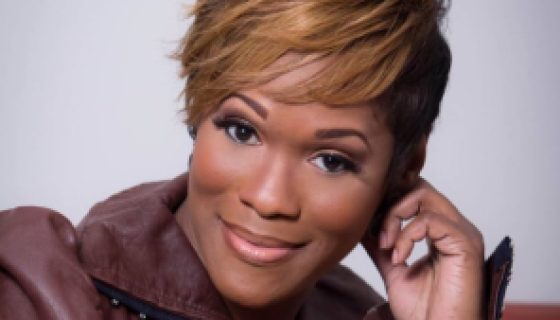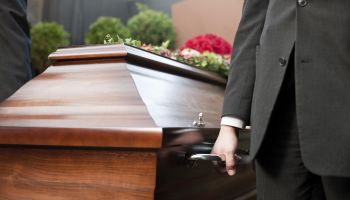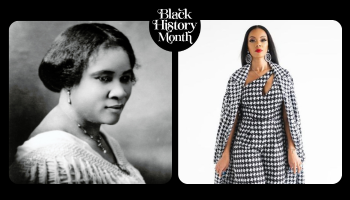Prince George’s County prosecutors have dropped 10 charges against a 25-year-old pizza delivery driver in Bladensburg, Maryland, who says excessive force was used during a traffic stop.
Christopher Jeffries had used his cellphone’s camera to videotape the Jan. 17 traffic stop, in which a Bladensburg police officer approached his vehicle with gun drawn, after Jeffries made an abrupt turn and failed to immediately pull over when police followed him.
Jeffries repeatedly asked why he had been pulled over, while handing over his driver’s license.
In the video, which was posted on YouTube, Jeffries asked the officer to put away his weapon and said he was afraid having it pointed at him.
Eventually, after several warnings, Jeffries was pulled out of his car by more than one officer and brought to a police car, where he was assaulted, according to his lawyer J. Wyndal Gordon.
Jeffries was charged with 10 counts, including second degree assault, resisting arrest and attempting to elude a police officer.
Monday, Prince George’s County prosecutors dropped all charges against Jeffries, according to Gordon.
John Erzen, spokesman for Prince George’s County state’s attorney Angela Alsobrooks said “after we screened the case, we found there was insufficient evidence to sustain the charges against Mr. Jeffries. ”
Bladensburg police Lt. Tracy D. Stone said the police department was “disappointed” with the county’s decision not to proceed with the case.
When asked about the department’s policy on approaching a vehicle with a gun drawn, Stone said in an email that an officer may draw their firearm if they believe they “have to employ lethal force” or when the officer “believes that doing so will provide a tactical advantage.”
Jeffries and his lawyer, who are both black, discussed the tension of having a weapon drawn during a traffic stop, after recent police shootings, and the killing of five police officers in Dallas.
Micah Johnson, a black 25-year-old fatally shot five officers Thursday, in Dallas, while hundreds of people were gathered in downtown Dallas to protest recent fatal police shootings, and wounded at least nine officers and two civilians.
The attack began during protests over the police killings of Philando Castile, who was fatally shot near St. Paul, Minnesota, and Alton Sterling, who was shot in Baton Rouge, Louisiana, after being pinned to the pavement by two white officers.
“He did tell the officer he was afraid, in fact, that’s why he did not get out of the car,” said Gordon.
In the video, the officer told Jeffries “it’s going to go from bad to worse” if Jeffries didn’t get out of the car.
Asked if he was afraid of being shot, Jeffries told WTOP, “If you have a gun pulled on me, absolutely.”
“I already understand the presence of a pistol,” said Jeffries. “But once you take it out, you no longer have it for your protection, you’re aiming it to shoot at something, and I was at the end of the barrel.”
Gordon said his client didn’t reach into his glovebox to retrieve his registration, because he was afraid the officer would react.
Stone declined to comment on the specifics of this interaction, but said drivers who are pulled over should pull to the side of the road and present their license and registration when asked to do so, as required by Maryland law.
“Thousands of traffic stops are made nationwide each day without incident,” Stone said. “If the situation does escalate, it is best for the driver to follow the direction of the police officer without making sudden movements and to keep their hands where the officer can see them.”
Jeffries and Gordon said the tension of responding during a traffic stop, with a weapon pulled is stressful.
“This is some kind of pop quiz of the worst kind,” said Gordon. “You’re asked to do three or four different things within eight to 10 seconds, with a pistol jammed in your face.”
Jeffries was asked why he didn’t just stop questioning the officer, and comply with the request to get out of the car.
“Stop talking, and where do we go from there,” he asked. “How do we get from the gun being in your face to the gun being put away, because that was what’s most important in my life.”
Gordon said his client will eventually file a civil lawsuit in the case.
“There should be no gun, there should be no weapon, there should be no raising of the voice, if we’re just talking about an unsafe lane change,” Jeffries said.
source: WTOP.com















